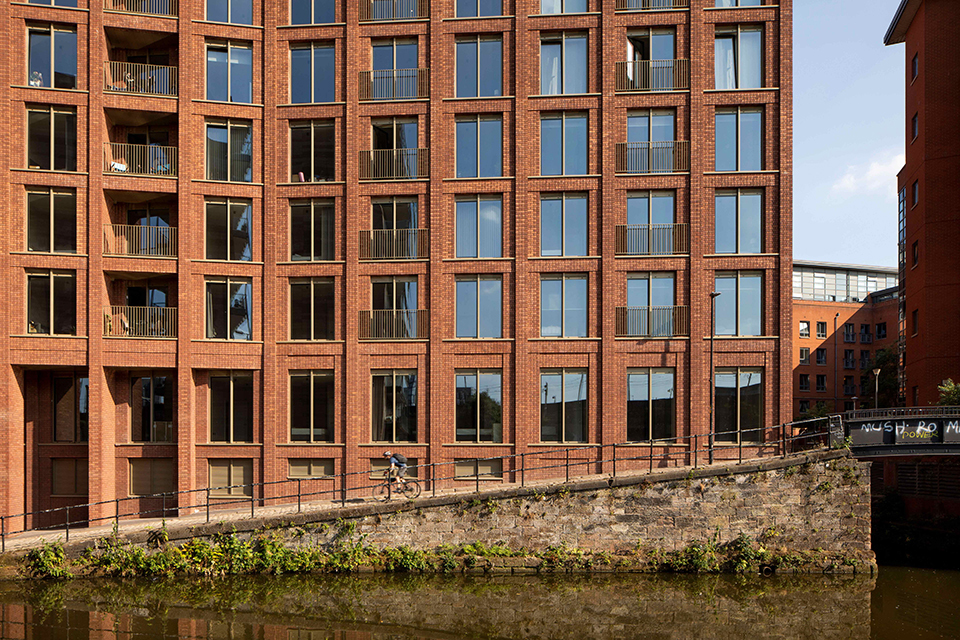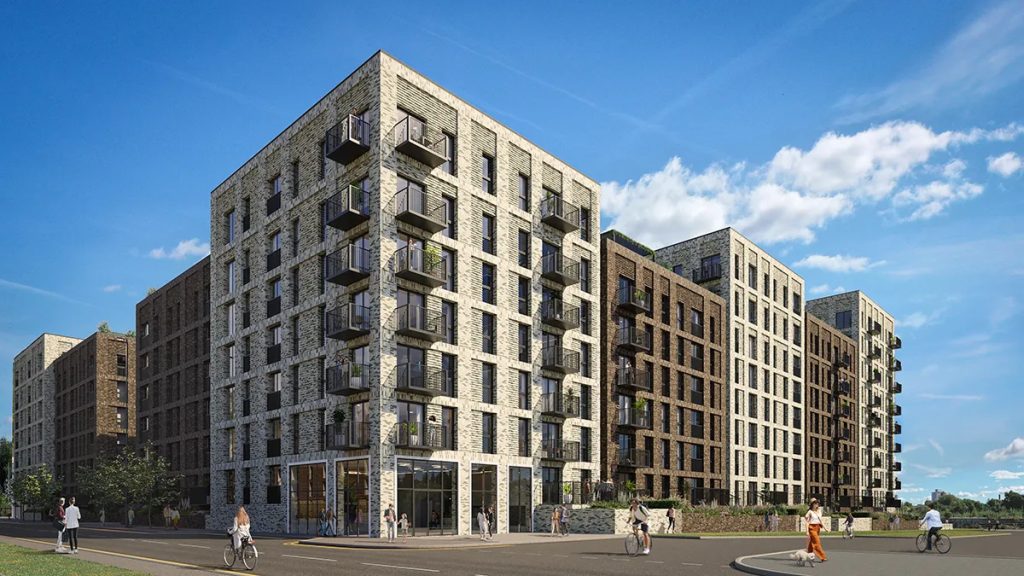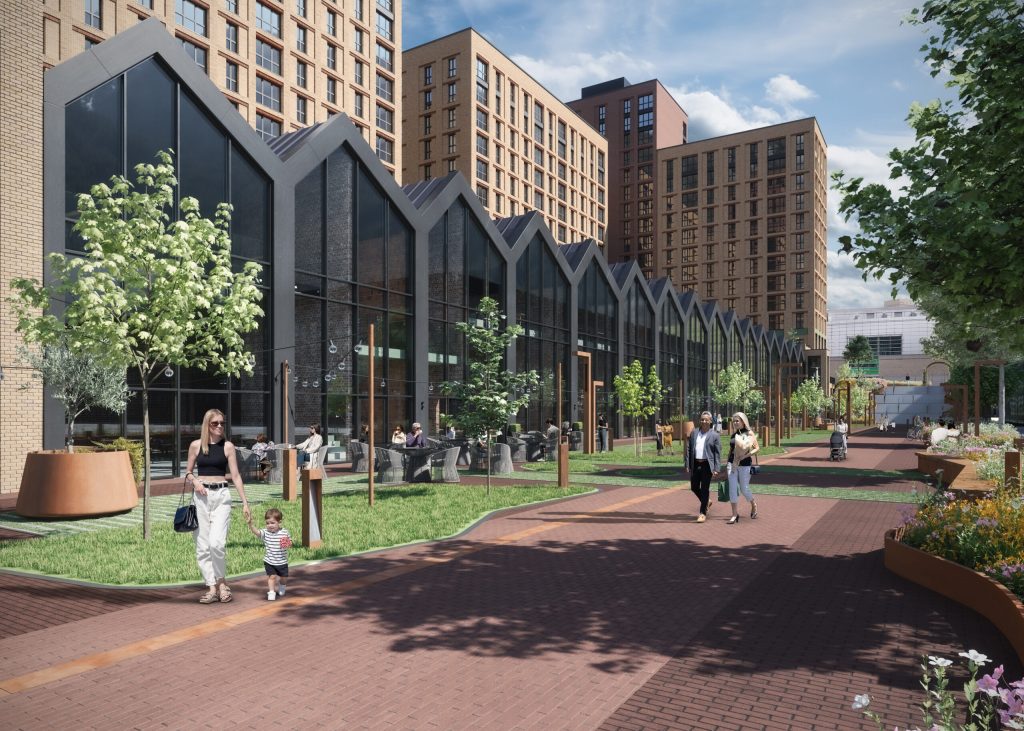Developing a new residential project in Liverpool is an intricate process that involves multiple stages and careful planning. For those interested in Liverpool property investment, understanding the behind-the-scenes efforts that go into creating a successful residential development can provide valuable insights. Here’s a detailed look at the key phases involved in developing a new residential project in Liverpool.
Site Selection and Acquisition
- Market Research
Before acquiring a site, developers conduct extensive market research to identify areas with high demand for residential properties. This research involves analysing current housing trends, future growth projections, and the demographic profile of potential buyers or tenants. Popular areas for Liverpool property investment, such as the city centre, Baltic Triangle, and suburbs like Allerton and Aigburth, are often considered prime locations.
- Feasibility Studies
Feasibility studies assess the viability of a proposed project. This includes evaluating the site’s physical characteristics, zoning regulations, environmental impact, and potential financial returns. These studies help developers determine whether a site is suitable for development and how to optimise its use.
- Site Acquisition
Once a suitable site is identified, developers negotiate with landowners to acquire the property. This phase may involve complex legal processes and due diligence to ensure the site is free of legal encumbrances and suitable for development.
Planning and Design
- Concept Development
During the concept development phase, architects and planners create initial designs for the project. This involves outlining the type of residential units to be built, the layout of the development, and the inclusion of amenities such as green spaces, parking, and recreational facilities.
- Community and Stakeholder Engagement
Engaging with the local community and stakeholders is crucial. Developers often hold consultations and public meetings to gather feedback and address concerns. This engagement helps ensure the project aligns with community needs and garners local support.
- Planning Permission
Securing planning permission from local authorities is a critical step. Developers submit detailed plans and environmental assessments to the Liverpool City Council for approval. This process can be lengthy and may require modifications to meet regulatory standards and address public concerns.
Financing
- Funding Strategies
Developing a residential project requires significant capital investment. Developers explore various funding strategies, including bank loans, private investors, and joint ventures. A robust financial plan is essential to secure funding and manage cash flow throughout the project.
- Government Grants and Incentives
In some cases, developers may be eligible for government grants and incentives aimed at promoting housing development. These financial aids can help reduce costs and improve the project’s financial viability.
Construction
- Pre-Construction Planning
Before breaking ground, developers finalise detailed construction plans and timelines. This includes selecting contractors, sourcing materials, and coordinating with utility companies to ensure necessary infrastructure is in place.
- Site Preparation
Site preparation involves clearing the land, grading, and setting up construction infrastructure. This phase may also include addressing any environmental remediation required.
- Construction Phase
The construction phase is typically the longest and involves several stages:
- Foundation Work: Laying the foundation for the buildings.
- Structural Work: Erecting the structural framework, walls, and roofing.
- Mechanical, Electrical, and Plumbing (MEP): Installing essential systems such as electrical wiring, plumbing, and HVAC.
- Interior and Exterior Finishing: Completing interior spaces, landscaping, and exterior facades.
Marketing and Sales
- Marketing Strategy
An effective marketing strategy is crucial to attract buyers or tenants. Developers often use a mix of digital marketing, open houses, and real estate agents to showcase the project. Highlighting features like modern amenities, sustainable design, and prime location can attract potential investors and residents.
- Pre-Sales and Rentals
Pre-sales can provide early revenue and gauge market interest. Offering early-bird discounts and incentives can encourage potential buyers to commit before the project is completed. For rental properties, securing tenants ahead of completion ensures immediate occupancy and income.
Handover and Management
- Quality Inspections
Before handing over units to buyers or tenants, developers conduct thorough quality inspections to ensure all work meets specified standards. Addressing any defects or issues before occupancy is crucial for maintaining reputation and client satisfaction.
- Handover Process
The handover process involves transferring ownership or tenancy to buyers and tenants. This includes providing necessary documentation, conducting walkthroughs, and addressing any final concerns.
- Property Management
Effective property management is essential for rental properties. Developers may either manage the properties themselves or hire professional property management companies to handle tenant relations, maintenance, and rent collection.
According to TK Property Group, successful residential developments not only provide financial returns but also contribute to the city’s growth and community well-being.





